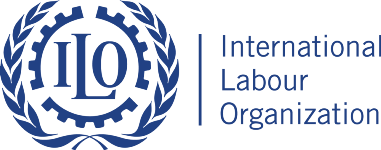This chapter addresses SDGs 3 and 10 by addressing the disparities existing in mental healthcare in the US Latinx population.
Inspiring collaborative, scalable action on the SDGs. This virtual event will explore topics including what are the opportunities for the Goals post Covid-19? What innovations are accelerating achievement of the goals? What does the ‘new normal’ mean for the Goals?
The SDG Impact of COVID-19 podcast series gathers expert opinion exploring the impact of COVID-19 on the Sustainable Development Goals. In this segment, we get the view of Vic Van Vuuren, Director of the Enterprises Department at the ILO.
The SDG Impact of COVID-19 podcast series gathers expert opinion exploring the impact of COVID-19 on the Sustainable Development Goals. In this segment, we get the view of Andy Dewis, Vice President of International Solutions, Energy & Sustainability Services at Schneider Electric.
The SDG Impact of COVID-19 podcast series gathers expert opinion exploring the impact of COVID-19 on the Sustainable Development Goals. In this segment, we get the view of Susan Myers, Strategic Advisor at Goal 17 Partners.
The non-woven geotextiles are able to reduce snow/ice melt up to 69% compared to the uncovered glacier surface.
This book chapter advances SDGs 3 and 10 by explaining how the acquisition of microbial communities during early life is closely intertwined with children’s immune and metabolic development. Environmental influences like prenatal maternal factors, delivery mode, peripartum antibiotic administration, nutrition, and the indoor microbiome in the hospital and home play a part during this critical early window.
This chapter addresses SDG 10 and SDG 3 by discussing the issues currently driving mental healthcare disparities in the Latinx population and how these approaches can provide a viable way to reduce them.
Here we ask researchers about the potential role of trees in mitigating and adapting to global change, as well as doing so in a way that does not compromise other Sustainable Development Goals.
Companies who can demonstrate purpose—such as Environmental, Social and Governance (ESG) commitments—will be most likely to survive and thrive. Our reporter visited Tony’s Chocolonely, which was founded in 2006 by a journalist who wanted to eradicate modern slavery in the cocoa industry by developing “100% slave-free” chocolate. Tony’s has since become one of the biggest chocolate brands in the Netherlands, and recently expanded to the U.S. and the UK.






